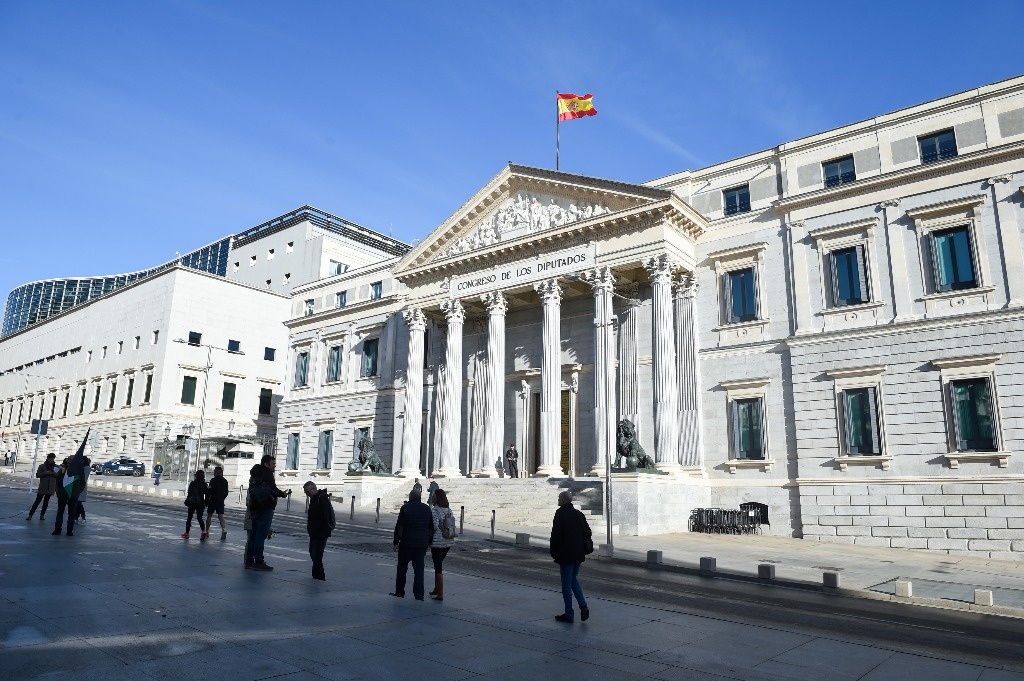Madrid. The Spanish government, chaired by the socialist Pedro Sánchez, managed to carry out a broad tax reform in the Congress of Deputies, where after its arduous negotiation with the rest of the parliamentary groups, it achieved its approval by 178 votes in favor compared to 171 in against. The new law was supported by the pro-independence and national left parties, but also by the nationalist right of the Basque Country and Catalonia, which in exchange for their support asked that the special tax on the energy sector not be renewed, due to the close relationship between These matches with multinationals such as Iberdrola, which has its headquarters in Bilbao, or Repsol and Naturgy. The Podemos party, which with its four deputies was the most reluctant to take on this issue, finally gave in in exchange for a “negotiating commission” to be set up in the immediate future to address this reform, which in any case would not support even the Basque Nationalist Party (PNV) or Junts per Catalunya (JxCat).
In any case, the Spanish coalition government, made up of the Spanish Socialist Workers Party (PSOE) and Sumar, managed to approve one of the most important fiscal plans in recent years, with which it aspires to raise just over four billion euros more annually. In the fiscal package there are important items, such as the tax increase on fuel and diesel, but above all to the banking sector, by maintaining the tax that was created in a decree of measures for the war in Ukraine and that was going to expire next December 31. The approved tax rate will be 7 percent for financial entities whose interest and commission margin exceeds five billion euros, which are the majority of the hegemonic groups in the country. In this way, the rate would be 1 percent up to 750 million, 3.5 percent up to 1.5 billion, 4.8 percent up to 3 billion, 6 percent up to 5 billion and 7% from five billion onwards.
In addition, the reform includes an increase of two percentage points for savings income exceeding 300 thousand euros, from 28 to 30 percent, in addition to regulatory changes to strengthen the fight against tax fraud in the hydrocarbon sector. Also, as a health prevention measure, vapers will be taxed and tobacco taxes will be increased, in addition to the modification of the European VAT directive that allows the tax to be applied to tourist rentals or the promotion of electronic invoices.
In the midst of parliamentary negotiations for the reform, the most powerful multinationals in the energy sector, such as Endesa, Iberdrola, Repsol and Naturgy, issued a public warning to the government if the special tax on the sector is finally approved, which was ultimately not approved. Energy companies warned that more than 30 billion euros in investments for the coming years would be put at risk, in addition to the development and economic viability of the projects already underway.
#Spanish #government #approves #tax #reform #eliminates #special #tax #energy
–


